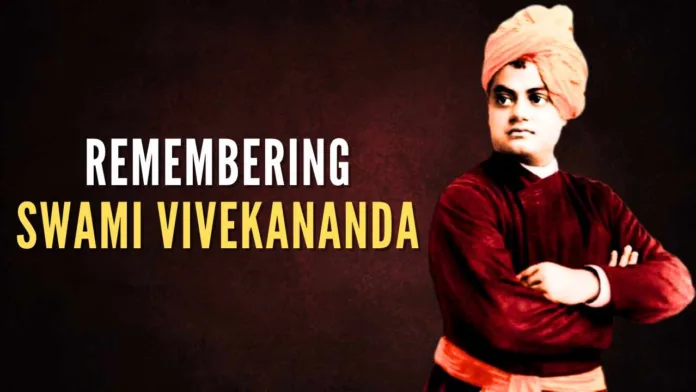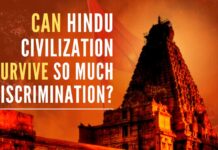
Swami Vivekananda: Saluting the best spiritual leader of India
Introduction
Swami Vivekananda, a luminary in the spiritual firmament, continues to cast his profound influence on the world long after his physical presence. Born as Narendranath Datta on January 12, 1863, in Kolkata, India, he traversed the realms of intellect, spirituality, and social service, leaving an indelible mark on humanity. His journey from an inquisitive youth to a revered spiritual leader is a saga of enlightenment, compassion, and the tireless pursuit of truth.
Early life and education
Growing up in a household steeped in Hindu traditions, Narendranath, or Naren, imbibed the essence of spirituality from an early age. His father, Vishwanath Datta, an attorney, and his mother, Bhuvaneswari Devi, a devout practitioner, provided a nurturing environment for his intellectual and spiritual curiosity. Despite his precocious mind, Naren sought answers beyond conventional beliefs, engaging with the intellectual currents of the time.
Naren’s association with the Brahmo Samaj, a socio-religious reform movement, widened his perspectives. His sharp intellect and academic prowess marked him as a promising youth, and his quest for spiritual understanding continued to evolve.
Encounter with Ramakrishna Paramahansa
The turning point in Naren’s life occurred when he encountered Sri Ramakrishna Paramahansa, a revered saint known for his deep spiritual experiences. Under Ramakrishna’s guidance, Naren delved into the intricacies of spiritual practice and philosophy. The guru-shishya relationship that blossomed between them laid the foundation for Naren’s transformation into Swami Vivekananda.
After the siddhi of Ramakrishna, Vivekananda embraced monastic life and assumed the responsibility of spreading his guru’s teachings. The Ramakrishna Mission, a spiritual and humanitarian organization, was born out of Vivekananda’s vision to serve humanity’s physical, mental, and spiritual needs. And in 1886 Swami Vivekananda established Ramakrishna mutt in the remembrance of his guru, Sri Ramakrishna Paramahansa.
World Parliament of Religions (1893)
Swami Vivekananda’s fame transcended national borders when he represented Hinduism at the World’s Parliament of Religions in Chicago in 1893. His opening words, “Sisters and Brothers of America,” resonated with universal brotherhood and set the stage for an eloquent exposition of Hindu philosophy. Vivekananda’s address not only introduced the world to the richness of Hindu thought but also emphasized the universality of all religions.
Vivekananda’s passionate plea for religious tolerance, harmony, and the acceptance of diverse paths to the divine captivated the audience. His words echoed the essence of India’s spiritual heritage and showcased the universality of its teachings.
Legacy and impact
Swami Vivekananda’s legacy extends beyond his eloquence; it lies in the principles he espoused. His teachings, a harmonious blend of Vedanta, Bhakti, and Karma Yoga, emphasize the practical application of spiritual wisdom in everyday life. The Ramakrishna Mission, the institution he founded, has grown into a global force for humanitarian service, education, and spiritual upliftment.
Vivekananda’s philosophy is encapsulated in his famous quote, “Arise, awake, and stop not until the goal is reached.” This timeless message continues to resonate, urging individuals to pursue their aspirations with unwavering determination.
Vivekananda in Kanyakumari
When Vivekananda reached Kanyakumari on 24 December 1892, he was still unable to formulate an idea to help the masses of the country. In Kanyakumari, he swam across the ocean to reach a large mid-sea rock. There he sat on the rock and started meditating on India’s past, present, and future.
Conclusion
Swami Vivekananda’s life is a testament to the transformative power of spirituality and the universality of divine wisdom. His teachings imbued with the essence of selfless service and the recognition of the divinity inherent in every being, offer a roadmap for navigating the challenges of life. As we continue to traverse the path of time, Swami Vivekananda’s legacy stands as a guiding light, inspiring generations to seek the synthesis of spiritual wisdom and practical living for personal growth and the betterment of humanity.
Note:
1. Text in Blue points to additional data on the topic.
2. The views expressed here are those of the author and do not necessarily represent or reflect the views of PGurus.
For all the latest updates, download PGurus App.










